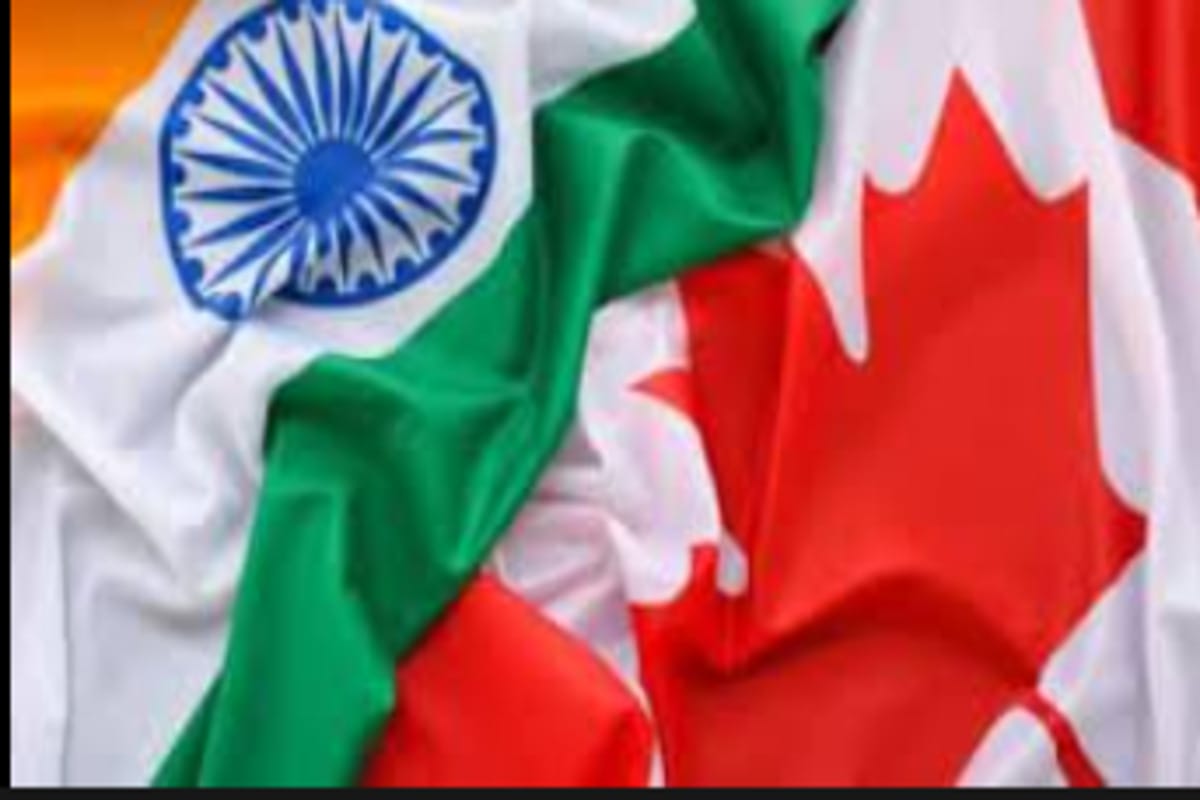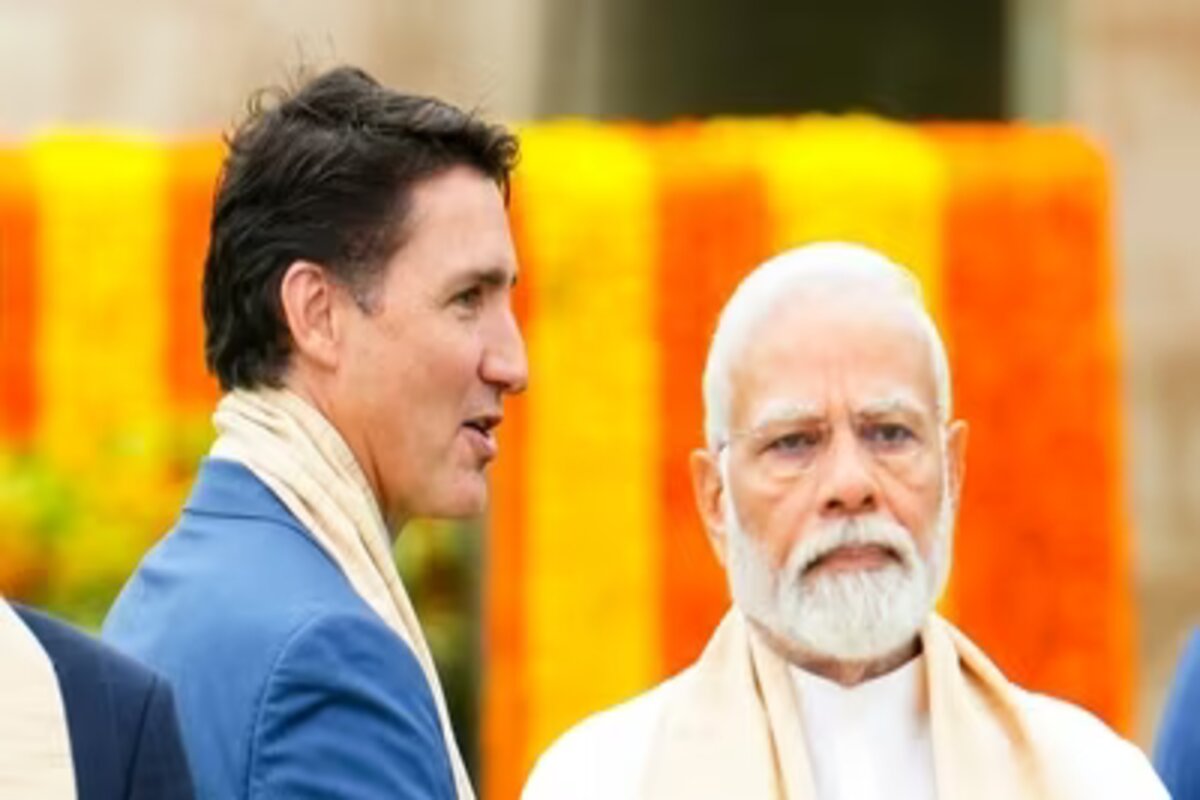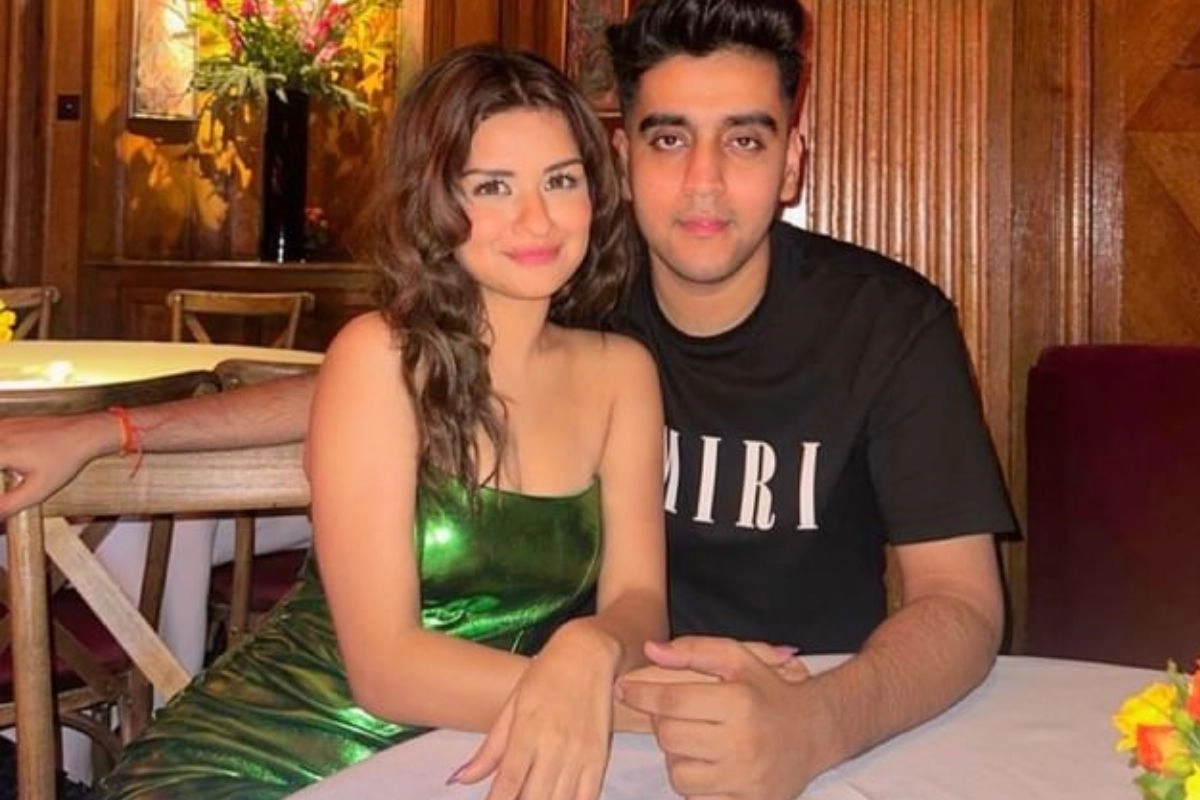Diplomatic strains between India and Canada have deepened in the aftermath of the killing of Khalistani terrorist Hardeep Singh Nijjar, triggering a call from Indian High Commissioner Sanjay Kumar Verma for the Canadian government to provide concrete evidence supporting its claim of India’s involvement. Verma contends that India was prematurely considered guilty even before the investigation into Nijjar’s death concluded.
Challenges to the Rule of Law
In an interview with Canada’s CTV channel, Verma expressed concerns over the perceived conviction of India in the absence of a finalized investigation. He questioned the adherence to the rule of law, stating, “Is that a rule of law?” Verma further explained that when a party is asked to cooperate, it implies a prior conviction. Despite this interpretation, India remains open to scrutinizing any specific and relevant evidence that may be communicated by the Canadian authorities.
Deterioration of India-Canada Relations
Diplomatic tensions escalated when Canadian Prime Minister Justin Trudeau alleged a “potential” involvement of Indian agents in Nijjar’s killing. India, vehemently rejecting these accusations as “absurd” and “motivated,” temporarily suspended visas for Canadian citizens and requested Ottawa to downsize its diplomatic presence, resulting in the withdrawal of 41 Canadian diplomats from India.
In a recent positive development, India resumed some visa services in Canada, a welcomed decision by Ottawa. Additionally, India has decided to reinstate e-visa services for Canadians after a two-month hiatus, signaling a potential thaw in diplomatic strains. The resumption of these services hints at a shared interest in normalizing relations between the two nations.
Keep watching our YouTube Channel ‘DNP INDIA’. Also, please subscribe and follow us on FACEBOOK, INSTAGRAM, and TWITTER












